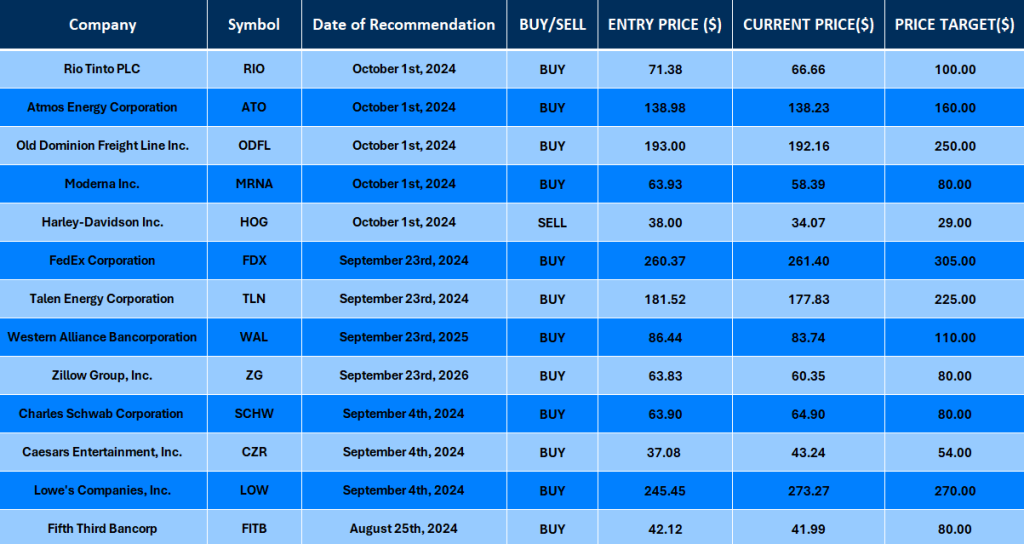
Date Issued – 28th November 2024
Preview
Elon Musk has called for the elimination of the Consumer Financial Protection Bureau (CFPB), describing it as a redundant regulatory body. His stance aligns with his role on Trump’s advisory board for government efficiency, where he aims to reduce federal bureaucracy. Critics argue that the CFPB has targeted fintech firms and crypto entrepreneurs, while the agency defends its efforts to combat consumer deception and safeguard against discriminatory practices. The potential dismantling of the CFPB could ease compliance burdens for startups but might heighten consumer risks. Nissan’s global production dropped 6% in October, and the company faces mounting pressure from President-elect Donald Trump’s proposed 25% tariffs on imports from Mexico and Canada.
Elon Musk Calls for Scrapping the CFPB Amid Regulatory Criticism
Elon Musk, a key adviser to the incoming Trump administration, has called for the elimination of the Consumer Financial Protection Bureau (CFPB), describing it as a redundant regulatory body. In a late-night post on his social media platform, X, Musk wrote, “Delete CFPB. There are too many duplicative regulatory agencies.” His remarks echo recent criticism from venture capitalist Marc Andreessen, who accused the CFPB of stifling innovation and favoring large financial institutions over startups, particularly in fintech and crypto.
Critics argue that the CFPB has targeted fintech firms and crypto entrepreneurs with lawsuits and fines, claiming the agency protects big banks by blocking new entrants. However, the CFPB has defended its actions, citing efforts to combat consumer deception and safeguard against discriminatory practices in financial services.
Musk’s stance aligns with his role on Trump’s advisory board for government efficiency, where he and Vivek Ramaswamy aim to reduce federal bureaucracy. Notably, Musk’s own company, X, has sought licenses to expand into payments — a move that could bring it under CFPB oversight.
Investment Insight: The potential dismantling of the CFPB could ease compliance burdens for fintech and crypto startups, potentially spurring innovation. However, reduced oversight might heighten consumer risks, creating a more volatile regulatory and investment landscape.
Nissan’s Global Production Slumps in October; U.S. Tariff Threat Looms
Nissan’s global production dropped 6% in October, marking its fifth consecutive monthly decline, with steep output falls in China (-15%), the U.S. (-15%), Britain (-23%), and Japan (-4%). Mexico stood out as a bright spot, with production rising 12%, accounting for nearly a quarter of Nissan’s global output. Global sales fell 3%, though U.S. sales grew 13%, driven by the Sentra sedan.
Amid restructuring efforts, including job cuts and capacity reductions, Nissan faces mounting pressure from President-elect Donald Trump’s proposed 25% tariffs on imports from Mexico and Canada. Nissan, which exported 300,000 vehicles from Mexico to the U.S. this year, is closely monitoring the policy’s potential impact.
Investment Insight: Trump’s tariff threats could disrupt supply chains and increase costs for automakers reliant on Mexican exports, including Nissan. Investors should watch for potential shifts in production strategies and the broader impact on U.S.-Mexico trade relations.
Market price: Nissan Motor Co Ltd. (TYO: 721): JPY 374.00
South Korea Cuts Rates Amid Trump Tariff Concerns
The Bank of Korea (BOK) surprised markets with a second consecutive rate cut, lowering its key rate to 3% to counter economic risks posed by President-elect Donald Trump’s proposed tariffs and shifting global trade policies. The BOK also slashed its 2025 growth forecast to 1.9%, citing heightened uncertainties for South Korea’s export-reliant economy.
Trump’s potential 25% tariffs on trade partners, including South Korea, and a rollback of subsidies for foreign firms like Samsung and Hyundai, are expected to pressure exports and investment. The move marks the BOK’s first back-to-back rate cut since 2009, underscoring its urgency to shield the economy from a prolonged slowdown.
Investment Insight: The rate cut may weigh on the Korean won but signals policy prioritization of economic growth over currency stability. Investors should monitor trade policy developments closely as tariff risks could challenge South Korea’s export-heavy sectors and corporate performance.

China’s EV Boom Accelerates Decline in Gasoline Demand
China’s rapid adoption of electric vehicles (EVs) is reshaping its energy landscape, with EVs and hybrids accounting for over half of retail passenger vehicle sales since July. Analysts now expect Chinese gasoline demand to peak as early as next year, with annual declines of 4–5% predicted through 2030. This shift poses a significant challenge for the global oil market, which has relied on China as a key driver of demand growth for decades.
Diesel consumption is also in decline, with UBS projecting annual drops of 3–5% due to the rise of electric and LNG-powered trucks. While uncertainties remain around hybrid vehicle fuel usage and full electrification timelines, Beijing’s decade-long focus on EV subsidies and infrastructure has positioned China as a global leader in transport electrification.
Investment Insight: Plunging gasoline demand in China could weigh on global oil prices and disrupt energy sector investments. Investors should watch for shifts in oil market dynamics, while exploring opportunities in EV supply chains and green energy infrastructure.
Intel’s $7.86 Billion Subsidy Ties Chip Unit Control to U.S. Oversight
Intel’s $7.86 billion subsidy deal with the U.S. government includes stringent restrictions on selling stakes in its chip manufacturing unit, Intel Foundry, if the division spins into a separate entity. Under the agreement, Intel must retain at least 50.1% ownership of Intel Foundry as a private company. If the unit goes public, Intel can only sell up to 35% to a single shareholder without triggering government review.
These conditions are part of a broader $39 billion U.S. effort to boost domestic chip production, which also supports other firms like Taiwan Semiconductor Manufacturing Co. Intel must comply with these terms to sustain its $90 billion in U.S.-based projects across Arizona, New Mexico, Ohio, and Oregon.
Investment Insight: Stringent ownership rules could limit Intel’s flexibility in raising capital for its chip unit, potentially slowing expansion. However, the subsidies reinforce Intel’s role in U.S. chipmaking, offering long-term stability for investors focused on the semiconductor sector.
Market Price: Intel Corp (INTC): USD 23.65
Conclusion
The global economic landscape is shifting rapidly, with regulatory changes, trade tensions, and technological disruptions reshaping key industries. As the U.S. grapples with the potential dismantling of the CFPB and the implementation of tariffs, automakers like Nissan and economies like South Korea face new challenges. Meanwhile, China’s EV boom is accelerating the decline in gasoline demand, potentially disrupting the global oil market. As Intel navigates stringent subsidy conditions, the semiconductor industry faces both opportunities and limitations. Investors must closely monitor these developments to adapt their strategies and capitalize on emerging trends while mitigating risks in an increasingly complex and interconnected world.
Upcoming Dates to Watch
November 28, 2024: Eurozone Economic Sentiment Indicator release
Find below some of our Buy/Sell Recommendations. Balfour Capital Group is a distinguished global boutique investment management firm with $400 million AUM and over 1000 Clients.

Disclaimer: This post provides financial insights for informational purposes only. It does not constitute financial advice or recommendations for investment decisions.

